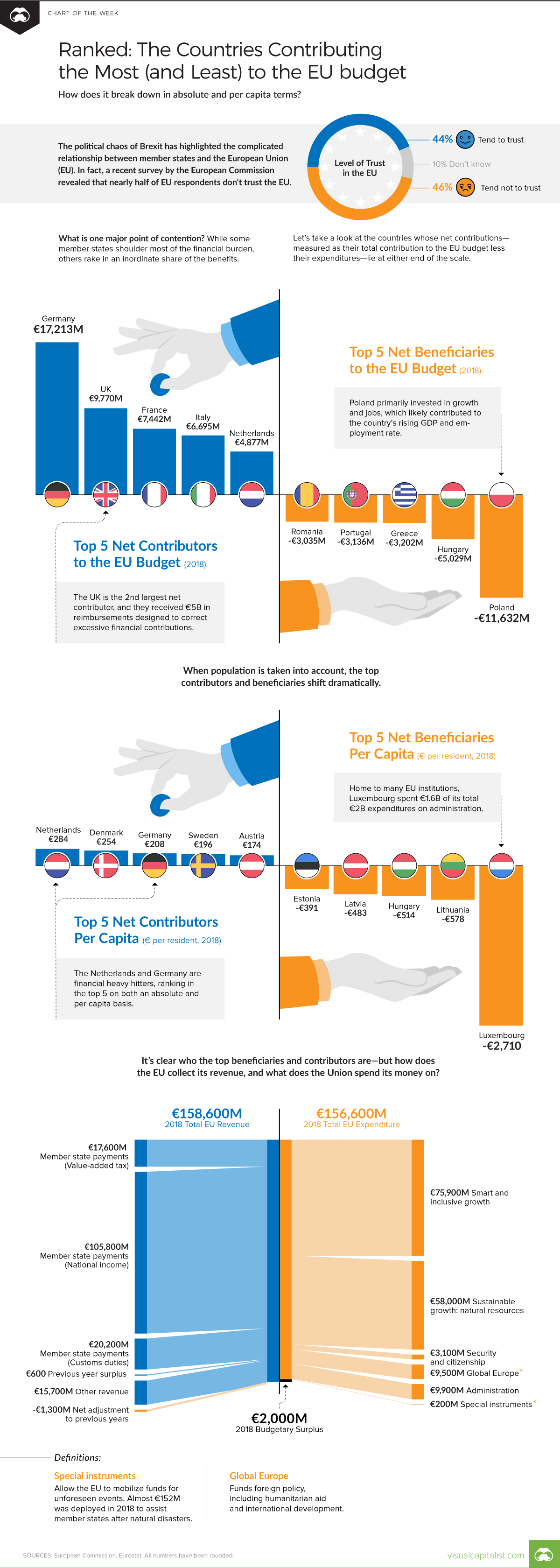Let me turn this the other way round.
What benefits did the UK gain from a UK European knowledge connect between 1973 and 2021 ?
I suspect that the transfer of knowledge was more on US-UK and Japan-UK connects.
Similar to the comment of Samson:
From working 30 years in metal industry, zooming in to a world more known to you: purchasing. In my experience case mostly production machines.
My career was operational, then assistant to the boss of most of Europe (his span growing to more than a hundred production facilities) with some very niche plants still under my operational care, and then again focus on operational for a dozen plants with still as assistant all investments and some other stuff going over my desk.
I saw many investment proposals for machines and had to dig in enough for my responsibility, including indepth meetings with the big machine suppliers.
In all those years only UK plants forwarded sometimes some auxiliary UK made machines. The backbone of machines was German, some French (from mostly my Frenche colleagues) and some more Italian machines (again mostly auxiliary, but now because of price forwarded from all plants in Europe). Some niche Swedish and niche Japanese (both excellent engineering countries).
A new machine is always a big opportunity for a plant. It means better specs and higher throughput. It is the lifeblood for the future of plants.
It is also a risk.
Not so much by buying a machine that takes longer than planned to utilise (the risk for the beancounters), but because some plant managers are (often together with their (key) employee base) too conservative and go for more of the same, facing in the 10 year term a machine park not fit for the higher specced (and better priced !) components in the future, and/or facing a too slow throughput piece time in the future, facing being no longer price competitive. EDIT such machines have typically a technical lifetime of 20 years.
Competition between machine building companies in Germany and the circle around is of a maddening intensity. The German culture, the engineering cost-up thinking & the craving desire to build the best specs and quality performance.
My English colleagues always complained on those "overengineered" and "too expensive" German machines, but still bought them. And even for the less critical machines the Italian pricing did win.
This has everything to do with labor and capital productivity and has a knock-on effect in productivity on the products delivered to B2B customers who produce goods in the UK, which can be countered by buying/importing the complete machines. But in terms of knowledge synergies the general engineering pool knowledge level will decrease because you end up buying/importing more and more,
I do not think that the UK is able to engineer and build main production machines that can compete with EU companies with their market scale and competition drivers based on the EU area,
(I am not talking about smaller kits and some niche).
The Industrial attitude, and even general attitude, is strongly characterised by outsourcing thinking, by over-using consultants-specialists to pick their brains when needed and not building something up for yourself. You end up with nobody in your house able to judge technically good enough what you need to have.
It is similar to a withdrawing government leaving it all to the free market. And when something is needed to purchase such governments are at the mercy of "friends" that need their benefits.

